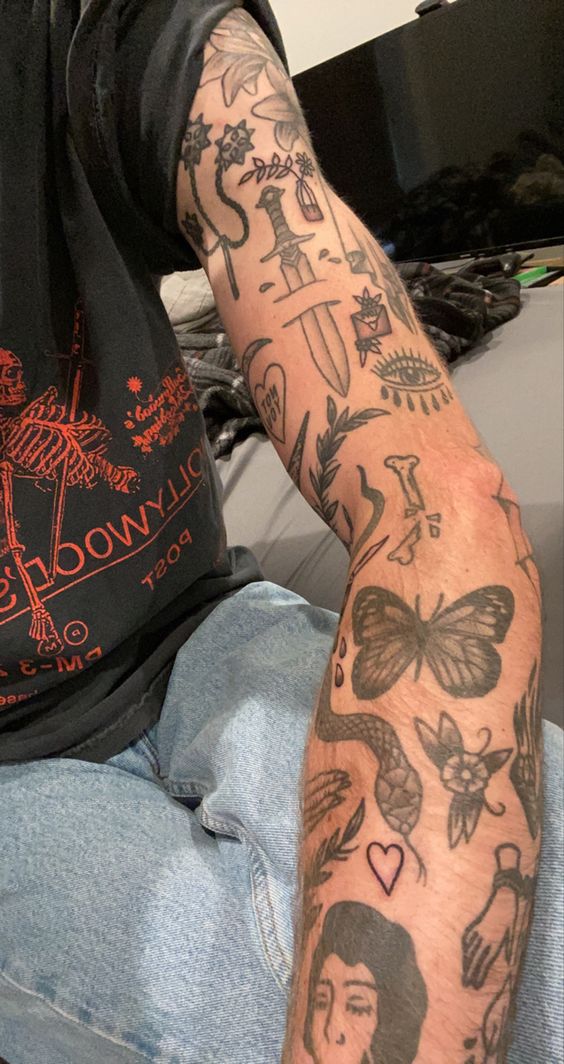How To Get Over Someone: Heartbreak is a versatile experience, and learning how to get over someone is an essential skill in the journey of life. Whether it is the end of a romantic relationship, or friendship, or the drifting apart from someone important, the emotional toll can be deep. However, with time, self-reflection, and intentional actions, people can handle the path to healing and arise stronger and more resilient. In this article, we will talk about the psychological, emotional, and practical parts of getting over someone.
Also Read:
- My Girlfriend Wants a Break but Still Loves Me.
- How to Stop Feeling Alone in Marriage?
- What is love and relationship addiction? How to overcome it?
The Grief Process
The first step in healing from a breakup or the end of a connection is acknowledging and understanding the grief process. Grief is not limited to the loss of a loved one through death; there are five denial, anger, bargaining, depression, and acceptance. Although not everyone experiences these phases in the same order, acknowledging and allowing yourself to move through them is important.
How To Get Over Someone
Permit Yourself to Grieve
It is important to permit yourself to grieve. Hiding emotions or acting that everything is fine can extend the healing process. Allow yourself to feel the emotions like, pain, sadness, and anger connected with the end of the relationship. Also consider taking support from friends, family, or a therapist who can give a non-judgmental space for you to express your emotions.
Practice Self-Care
Taking care of your physical and mental health is important during the healing process. Set a routine that involves regular exercise, a balanced diet, and enough sleep. Engage in activities that bring you pleasure and peace, whether it is reading, hiking, or pursuing a hobby. Self-care is not only a means of distraction but also a way to rebuild a positive relationship with yourself.
Reflection and Acceptance
Reflection plays an important role in the healing process. Take time to reflect on the relationship, recognizing both the positive and negative factors. Understanding that relationships end for different reasons, and accepting the reality of the situation is important for moving ahead. Avoid dwelling on guilt and focus on personal growth.
Cut the ties
Constant contact with an ex-partner can hinder the healing process. Consider implementing a period of no contact to create emotional distance and allow both parties to gain a standpoint. Unfollow or mute them on social media, and avoid checking their profiles. This step is much needed to create a space for personal growth and healing.
Build a Support System
Surround yourself with supportive friends and family. Share your feelings with those you trust, and allow them to give emotional support. Engaging in social activities can help divert you from negative thoughts and provide a sense of belonging. Additionally, consider joining help groups or taking professional counseling to gain additional viewpoints and managing strategies.
Rediscover Yourself
A breakup can be a chance for self-discovery and personal growth. Take the time to reconnect with your interests, hobbies, and dreams that may have taken a backseat during the relationship. Rediscovering your identity can infuse a sense of empowerment and meaning.
Set Real Expectations
Healing from a breakup is a slow process, and setting realistic expectations is important. Understand that there will be good and also challenging days. Allow yourself the time required to heal, and don’t rush into new relationships or situations that may delay the process. Patience is key as you steer the ups and downs of the emotional journey.
Learn from the Experience
Every relationship, irrespective of its outcome, gives valuable lessons. Reflect on the dynamics of the past relationship, your behavior, and the factors that contributed to its end. Use these insights as opportunities for personal growth and development. Learning from the experience can help you make more knowledgeable preferences in future relationships.
Concentrate on the Future
As you move through the healing process, divert your focus towards the future. Set new goals, both personal and professional, and visualize the life you want to lead. Develop a positive mindset and believe in your ability to create a fulfilling and meaningful future independently.
At The End
Getting over someone is a difficult and individualized process that needs time, self-reflection, and intentional actions. By understanding and accepting the grief process, practicing self-care, and building a strong support system, people can handle the emotional challenges of a breakup. Welcoming personal growth, setting practical expectations, and concentrating on the future are important steps toward healing and arising from the experience with newfound strength and stability. Remember that healing is a journey, and with patience and self-compassion, you can move forward into a brighter and more fulfilling chapter of your life.








